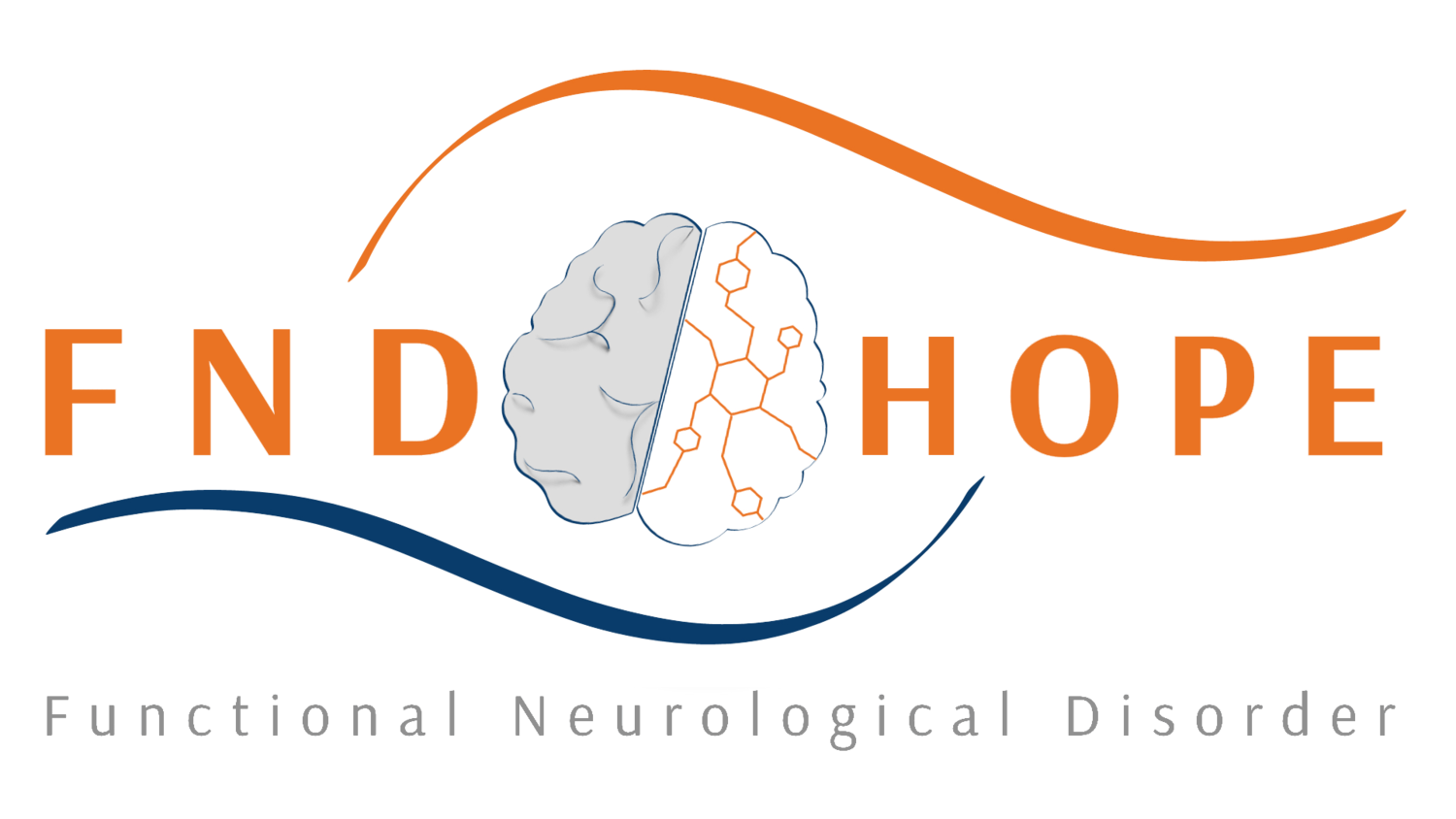Essential Diabetes Advice Monitor Your Blood Sugar
Sub Heading: Understanding the Importance of Monitoring Blood Sugar
Managing diabetes can be a complex journey, but one of the most critical aspects is monitoring blood sugar levels. This essential practice provides valuable insights into how your body processes glucose, allowing you to make informed decisions about your diet, medication, and lifestyle. By regularly monitoring your blood sugar, you can better control your condition and reduce the risk of complications.
Sub Heading: How Blood Sugar Monitoring Works
Blood sugar monitoring involves using a glucometer to measure the concentration of glucose in your bloodstream. This process typically requires pricking your finger to obtain a small blood sample, which is then placed on a test strip and inserted into the glucometer. Within seconds, the device displays your current blood sugar level, allowing you to track fluctuations throughout the day.
Sub Heading: Establishing a Monitoring Routine
Consistency is key when it comes to blood sugar monitoring. Establishing a regular monitoring routine helps you identify patterns and trends in your blood sugar levels, making it easier to manage your diabetes effectively. Aim to test your blood sugar at consistent times each day, such as before meals, after meals, and before bedtime. This routine provides valuable data that you and your healthcare team can use to adjust your treatment plan as needed.
Sub Heading: Recognizing Target Blood Sugar Levels
Understanding your target blood sugar levels is essential for managing diabetes. Your healthcare provider can help you determine the ideal range for you based on factors such as your age, overall health, and diabetes type. In general, target blood sugar levels for most adults with diabetes are:
- Fasting (before meals): 80-130 mg/dL
- Postprandial (after meals): <180 mg/dL
Monitoring your blood sugar regularly allows you to track your progress towards these targets and take action if your levels fall outside the desired range.
Sub Heading: Responding to High Blood Sugar
High blood sugar, also known as hyperglycemia, can occur for various reasons, including inadequate insulin dosing, illness, stress, or consuming too many carbohydrates. Common symptoms of high blood sugar include increased thirst, frequent urination, fatigue, and blurred vision. If you experience consistently high blood sugar levels, it’s essential to consult your healthcare provider to adjust your treatment plan accordingly.
Sub Heading: Addressing Low Blood Sugar
Conversely, low blood sugar, or hypoglycemia, occurs when your blood glucose levels drop below normal levels. This can happen if you skip meals, exercise vigorously without adjusting your insulin dosage, or take too much medication. Symptoms of low blood sugar include shakiness, dizziness, sweating, confusion, and irritability. If left untreated, severe hypoglycemia can lead to loss of consciousness or even coma. To address low blood sugar, consume a fast-acting source of glucose, such as fruit juice or glucose tablets, and retest your blood sugar after 15 minutes. If your levels remain low, seek medical attention promptly.
Sub Heading: Using Blood Sugar Data to Make Informed Choices
The data obtained from blood sugar monitoring empowers you to make informed choices about your diabetes












